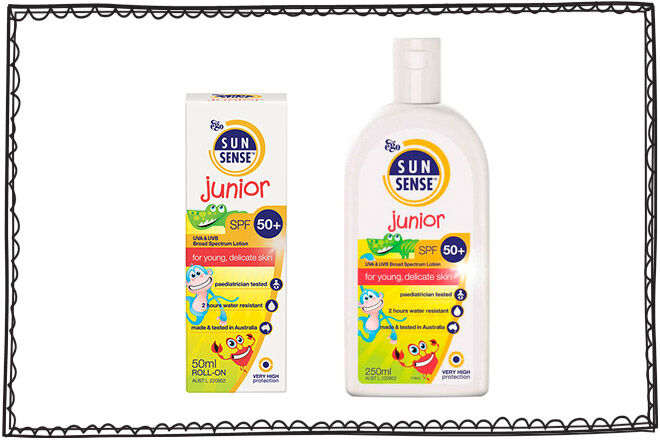
It's a favorite of board-certified dermatologist Alicia Zalka, MD. Up to 79% of spray sunscreen can be lost under light wind, and that number climbs up to 93% in stronger wind conditions, according to a 2021 report.ĮltaMD's UV Elements Tinted SPF is an oil-free, chemical-free formula that won't clog pores and is excellent for sensitive skin. But it's worth noting that they don't provide the best protection when compared to creams and lotions. Spray sunscreens are attractive because they can be applied in one fell swoop and don't leave your hands sticky. And this one from Supergoop sprays on white, but dries quickly into a sheer, dry-to-the-touch finish so you can use it on your face without worrying about it leaving a white cast. Spray sunscreens like this one can easily be applied to large surface areas like your arms, legs, and back. This UV ray-blocking zinc oxide mist from Supergoop comes recommended by Joshua Zeichner, MD, director of cosmetic and clinical research in dermatology at Mount Sinai Hospital in New York City. Spray sunscreens leave more room for error in application when compared to creams and lotions. Active Ingredients: Titanium dioxide 4.5%, zinc oxide 6.5%.This line also comes in Baby, Kids, and Sport varieties, which are all 100% mineral-based. You can likely find this broad-spectrum sunscreen at your local Walgreens or CVS, which makes it super easy to pick up on your way to the beach (so you've got no excuse to not wear it). It's worth noting that even though it's water-resistant for up to 80 minutes, you'll still want to reapply every two hours when you're outdoors for optimal protection, as recommended by the American Academy of Dermatology.
#Best baby sunscreen 2021 skin
Plus, it boasts the National Eczema Association Seal of Acceptance, which means it's suitable for sensitive skin and people with eczema.

#Best baby sunscreen 2021 free
Its thick formula might make it difficult to apply.īanana Boat is a classic drugstore sunscreen brand, and we especially love the Sensitive Mineral line because it's free of oils and fragrances.

In 2019, the FDA proposed that mineral sunscreens are safer than chemical sunscreens.


Additionally, some sun-blocking ingredients in chemical sunscreens are being investigated as potentially harmful because they can be absorbed through the skin into the bloodstream. Zinc sunscreens are less likely to cause skin irritation or allergic reactions, making them a better option if you have sensitive skin, says Aanand Geria, MD, a board-certified dermatologist in New Jersey. Zinc oxide sunscreens are mineral based, which means they form a skin barrier that reflects UV rays. Zinc-based sunscreens offer broad-spectrum protection against UVB and UVA rays but without the addition of potentially harmful ingredients. Applying sunscreen is the easiest thing you can do to prevent sunburn, skin cancer, and premature aging (think: wrinkles and sagging skin). Dermatologists never leave the house without slathering on sunscreen, and they hope you’ll follow suit.


 0 kommentar(er)
0 kommentar(er)
